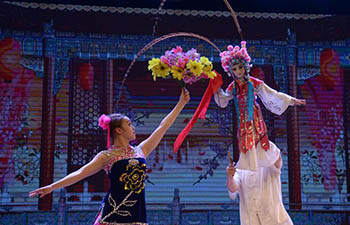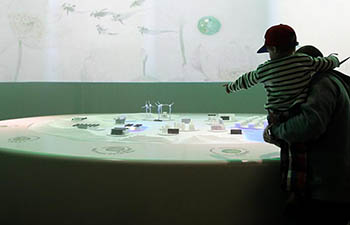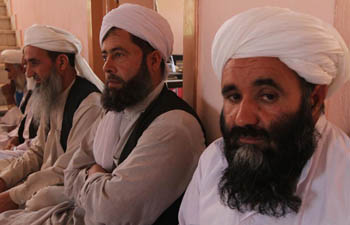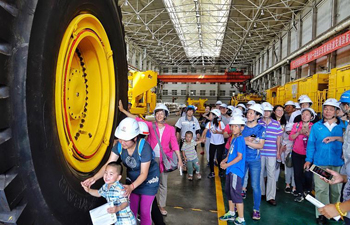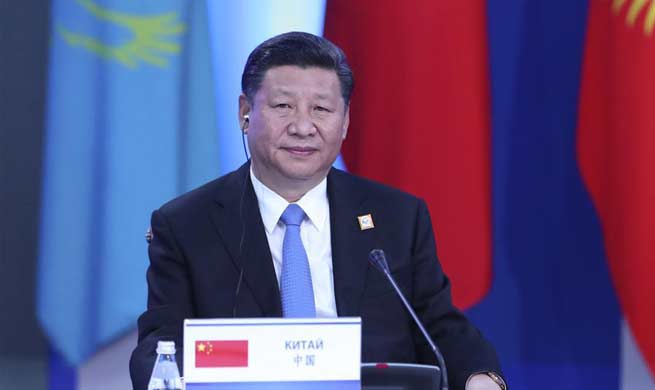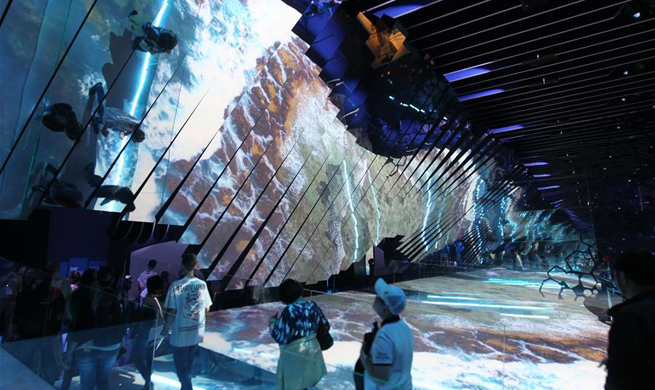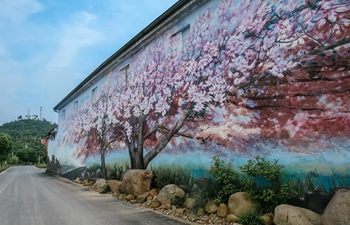NEW DELHI, June 11 (Xinhua) -- China does not intend to upset the international order, but wants to "incrementally reform certain aspects" of it, said Srikanth Kondapalli, an East Asian Studies professor at India's Jawaharlal Nehru University.
In a recent interview with Xinhua, Kondapalli said the world is now facing many challenges, which are diverse to different nations, ranging from their very existence to economic or health challenges.
A recent upsurge of unrest in Afghanistan, Pakistan, Iran, Syria and other countries has highlighted the danger facing the civilian populations, which has also triggered the migration crisis in Europe, Kondapalli noted.
Some countries are haunted by non-traditional challenges such as energy, environmental challenges, HIV and AIDS, he added.
China has perceived all the challenges in recent times. "It became the second largest economy, addressed poverty issues, triggered the growth of a middle class, followed a broad-based 'three represents' policies and is now looking outwards through the recently launched One Belt One Road initiative," Kondapalli said.
According to the professor, while Western countries have resolved many traditional challenges, they are now faced with acute non-traditional challenges, mainly in the spheres of economy, terrorism, energy, environment and migration.
"Many Western countries have exported arms to warring states in Asia, Africa and South America -- sometimes leading to a further disintegration of these regions," he said.
Moreover, interventionism has become rampant and double standards in dealing with security challenges such as terrorism or carbon emissions have also been criticized by many countries, Kondapalli emphasized.
The bigger problem is that, according to the professor, the international order which was built in 1945 and has evolved over seven decades has come under strain. "New demands from the rising countries have been made," he said.
The United Nations system is "lopsided and unfair," he said.
In addition, "the Bretton Woods system which controls most of the finances for development and economic regulation principles of institutions such as the World Trade Organization and others has not been reformed or reorganized to represent the changed international landscape," Kondapalli said.
The professor does not agree with some Western media's saying that China will end the current international order dominated by Western countries and build a new world order.
"I do not think that today China is intending to establish a new international order," he said.
As a rising country, the professor said, "China intends to incrementally reform certain aspects of the international order, for some space in the 'rule-making' in the economic and political architecture, IMF voting rights, and the like."
In Kondapalli's view, a more representative international order has to be debated by the United Nations General Assembly to reach consensus and then be implemented."





